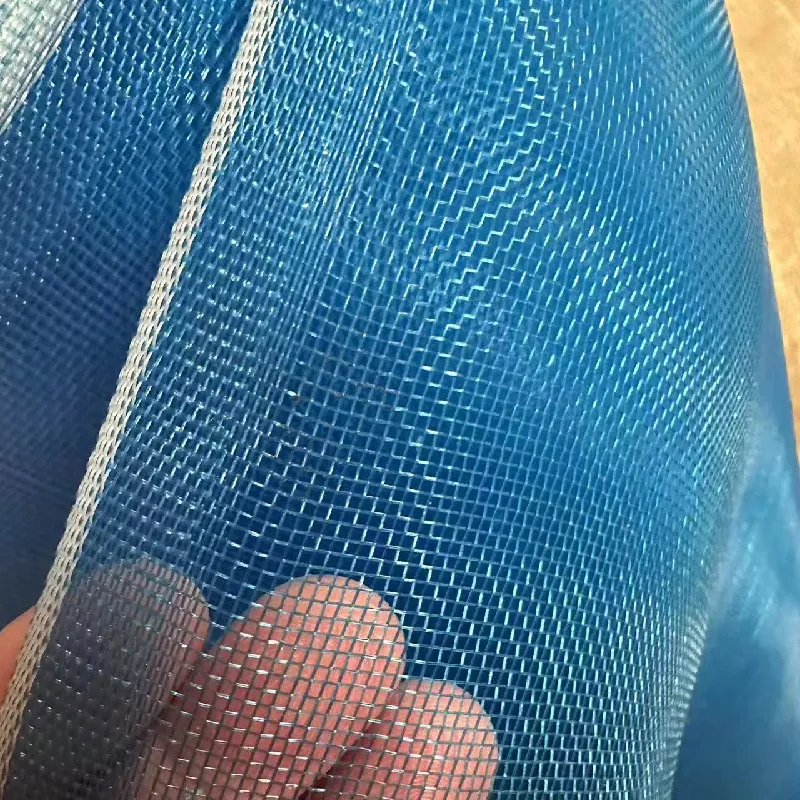-
 Afrikaans
Afrikaans -
 Albanian
Albanian -
 Amharic
Amharic -
 Arabic
Arabic -
 Armenian
Armenian -
 Azerbaijani
Azerbaijani -
 Basque
Basque -
 Belarusian
Belarusian -
 Bengali
Bengali -
 Bosnian
Bosnian -
 Bulgarian
Bulgarian -
 Catalan
Catalan -
 Cebuano
Cebuano -
 China
China -
 Corsican
Corsican -
 Croatian
Croatian -
 Czech
Czech -
 Danish
Danish -
 Dutch
Dutch -
 English
English -
 Esperanto
Esperanto -
 Estonian
Estonian -
 Finnish
Finnish -
 French
French -
 Frisian
Frisian -
 Galician
Galician -
 Georgian
Georgian -
 German
German -
 Greek
Greek -
 Gujarati
Gujarati -
 Haitian Creole
Haitian Creole -
 hausa
hausa -
 hawaiian
hawaiian -
 Hebrew
Hebrew -
 Hindi
Hindi -
 Miao
Miao -
 Hungarian
Hungarian -
 Icelandic
Icelandic -
 igbo
igbo -
 Indonesian
Indonesian -
 irish
irish -
 Italian
Italian -
 Japanese
Japanese -
 Javanese
Javanese -
 Kannada
Kannada -
 kazakh
kazakh -
 Khmer
Khmer -
 Rwandese
Rwandese -
 Korean
Korean -
 Kurdish
Kurdish -
 Kyrgyz
Kyrgyz -
 Lao
Lao -
 Latin
Latin -
 Latvian
Latvian -
 Lithuanian
Lithuanian -
 Luxembourgish
Luxembourgish -
 Macedonian
Macedonian -
 Malgashi
Malgashi -
 Malay
Malay -
 Malayalam
Malayalam -
 Maltese
Maltese -
 Maori
Maori -
 Marathi
Marathi -
 Mongolian
Mongolian -
 Myanmar
Myanmar -
 Nepali
Nepali -
 Norwegian
Norwegian -
 Norwegian
Norwegian -
 Occitan
Occitan -
 Pashto
Pashto -
 Persian
Persian -
 Polish
Polish -
 Portuguese
Portuguese -
 Punjabi
Punjabi -
 Romanian
Romanian -
 Russian
Russian -
 Samoan
Samoan -
 Scottish Gaelic
Scottish Gaelic -
 Serbian
Serbian -
 Sesotho
Sesotho -
 Shona
Shona -
 Sindhi
Sindhi -
 Sinhala
Sinhala -
 Slovak
Slovak -
 Slovenian
Slovenian -
 Somali
Somali -
 Spanish
Spanish -
 Sundanese
Sundanese -
 Swahili
Swahili -
 Swedish
Swedish -
 Tagalog
Tagalog -
 Tajik
Tajik -
 Tamil
Tamil -
 Tatar
Tatar -
 Telugu
Telugu -
 Thai
Thai -
 Turkish
Turkish -
 Turkmen
Turkmen -
 Ukrainian
Ukrainian -
 Urdu
Urdu -
 Uighur
Uighur -
 Uzbek
Uzbek -
 Vietnamese
Vietnamese -
 Welsh
Welsh -
 Bantu
Bantu -
 Yiddish
Yiddish -
 Yoruba
Yoruba -
 Zulu
Zulu
Effective Insect Protection Solutions for Sustainable Agricultural Practices and Crop Health
The Role of Agricultural Insect Nets in Sustainable Farming
In the realm of agriculture, the integration of advanced techniques and materials has revolutionized traditional practices, significantly contributing to sustainable farming. One such innovation is the agricultural insect net, a protective barrier designed to safeguard crops from damaging pests while promoting a healthier ecosystem. This article explores the benefits, applications, and overall impact of insect nets in modern agriculture.
Understanding Agricultural Insect Nets
Agricultural insect nets are lightweight, permeable fabrics made from synthetic materials like polyethylene or polyester. These nets are strategically placed over crops to create a physical barrier that prevents insect pests from reaching the plants. Unlike chemical pesticides, insect nets offer an environmentally friendly solution to pest control, reducing the reliance on harmful chemicals that can adversely affect soil health, water quality, and biodiversity.
Benefits of Using Insect Nets
1. Effective Pest Control Insect nets effectively keep out a wide range of pests, including aphids, whiteflies, and beetles, which can cause significant damage to crops. By providing a protective shield, these nets reduce the need for chemical insecticides, promoting a more organic farming approach.
2. Enhanced Crop Quality Covering crops with insect nets helps in the production of higher quality fruits and vegetables. By minimizing pest damage, growers can produce better yields that are more visually appealing and nutritious, resulting in higher market value.
3. Reduced Disease Transmission Many pests are vectors for plant diseases. Insect nets can help reduce the incidence of diseases transmitted by pests, leading to healthier crops and improving overall farm productivity.
4. Soil Conservation By minimizing the use of chemical pesticides, insect nets contribute to soil health. Healthy soil is crucial for sustainable agriculture, as it supports microbial life necessary for nutrient cycling and plant growth.
agricultural insect net

5. Water Efficiency Insect nets can create a microclimate for crops, reducing water evaporation and maintaining soil moisture levels. This is particularly beneficial in regions facing water scarcity, allowing farmers to optimize their irrigation practices.
Applications in Diverse Agricultural Settings
Agricultural insect nets can be utilized in various farming systems, from small-scale vegetable gardens to large commercial fruit orchards. They are particularly effective in the cultivation of crops such as tomatoes, cucumbers, and berries, where pest control is critical for success. In nurseries and greenhouses, insect nets can be employed to protect young plants from infestations during their vulnerable stages.
In organic farming systems, where the use of synthetic pesticides is prohibited, insect nets are invaluable tools. Their application not only ensures pest control but also meets the stringent requirements of organic certification.
Challenges and Considerations
While agricultural insect nets offer numerous benefits, there are some challenges associated with their use. Proper installation and maintenance are crucial to ensure their effectiveness. Additionally, farmers must consider the cost of purchasing and installing these nets, especially for large-scale operations.
Another consideration is the potential for beneficial insects to be excluded alongside harmful pests. Farmers should be aware of the species composition in their fields to ensure that they do not inadvertently harm pollinators or other beneficial organisms.
Conclusion
Agricultural insect nets represent a promising approach to pest management, aligning with sustainable farming practices. By reducing reliance on chemical pesticides, enhancing crop quality, and promoting soil health, these nets support the vision of a more sustainable agricultural future. As technology continues to evolve, the integration of insect nets into everyday farming practices will likely become more widespread, paving the way for healthier ecosystems and more resilient food systems. Embracing such innovations is crucial for the next generation of farmers, tasked with feeding an ever-growing global population while preserving the environment.
-
Shipping Plastic Bags for Every NeedNewsJul.24,2025
-
Safety Netting: Your Shield in ConstructionNewsJul.24,2025
-
Plastic Mesh Netting for Everyday UseNewsJul.24,2025
-
Nylon Netting for Every UseNewsJul.24,2025
-
Mesh Breeder Box for Fish TanksNewsJul.24,2025
-
Expanded Steel Mesh Offers Durable VersatilityNewsJul.24,2025











